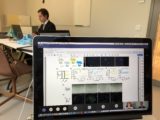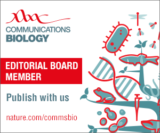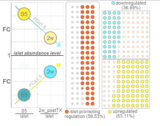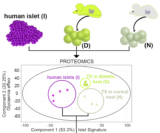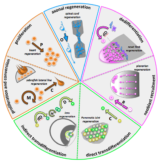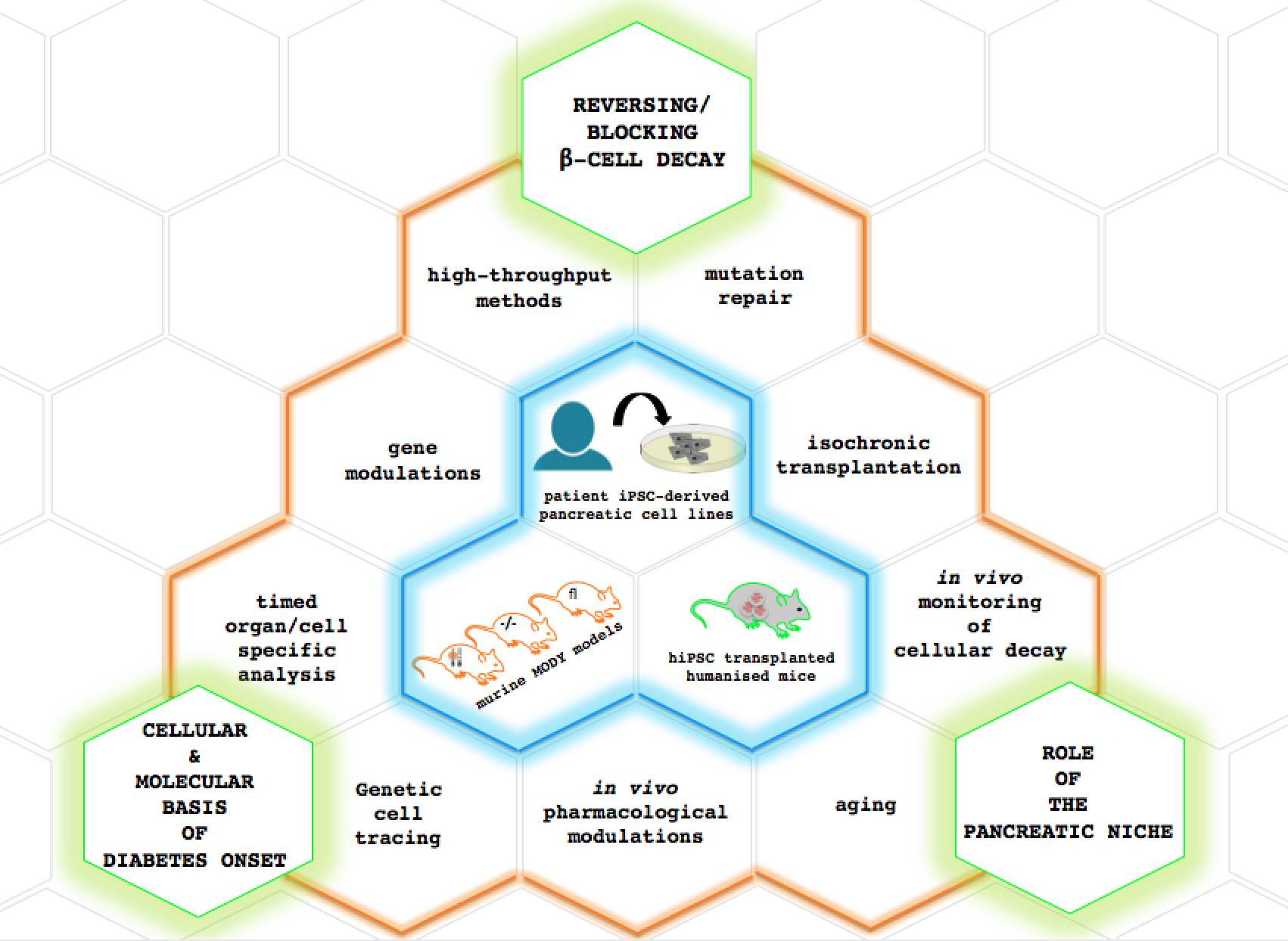
We are very happy to be partners on a new research project financed under the EEA and Norway Grants scheme promoting research collaboration between Romania and Norway. Our collaborator, Dr. Ana Vacaru from the Institute for Cellular Biology and Pathology…


